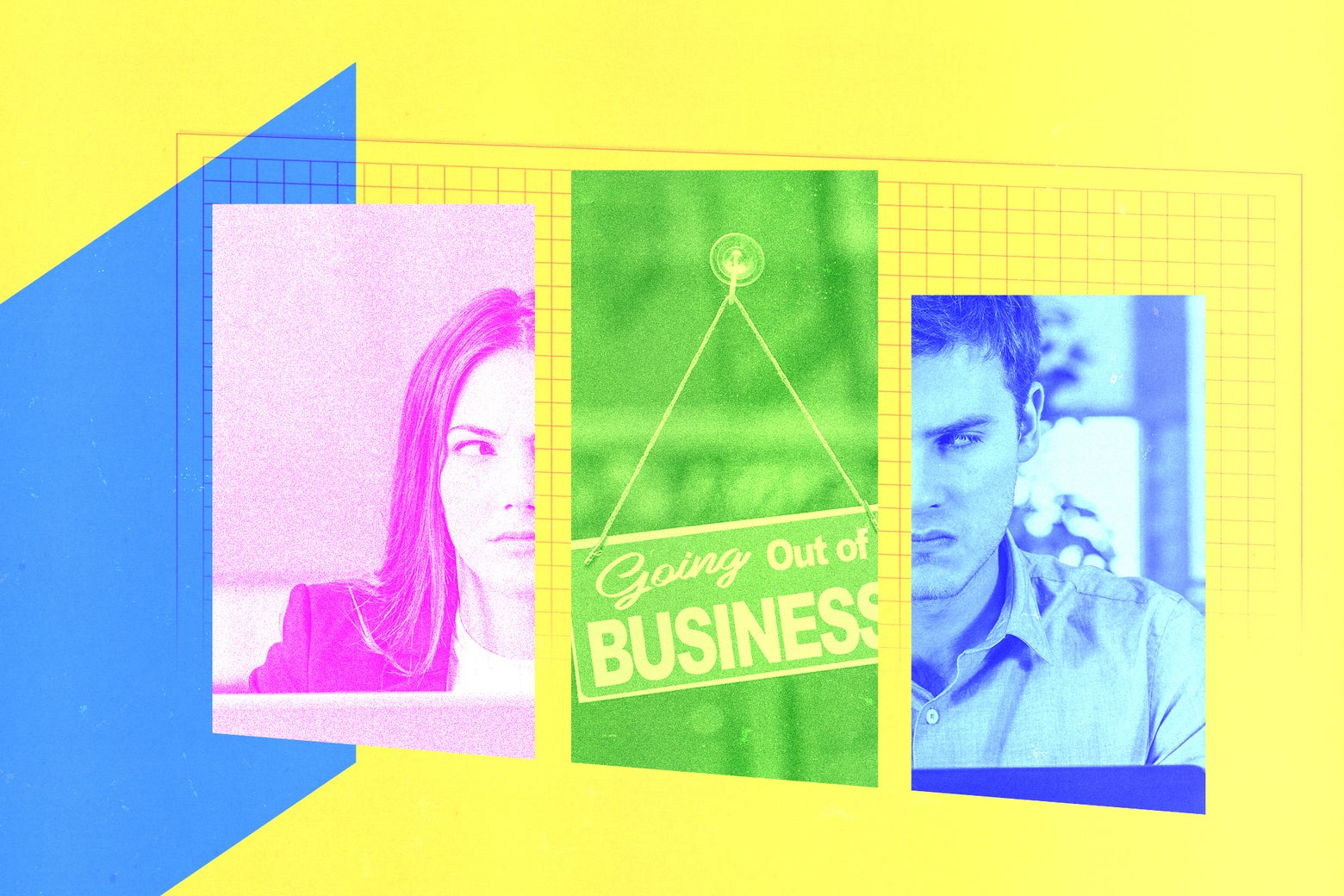From Dream to Disaster: The Hidden Flaw That Undermined Our Business Venture
When Sarah and Mark Thompson launched their eco-friendly home goods store in 2022, they envisioned a thriving business blending sustainability with profit. Two years later, their dream crumbled under the weight of a critical oversight: neglecting to formalize roles and decision-making processes. Their story underscores how even passionate entrepreneurs can falter without clear operational structures.
The Allure of Entrepreneurship and the Reality Check
Small businesses account for 99.9% of all U.S. firms, yet 20% fail within the first year, per the latest U.S. Bureau of Labor Statistics. For couples like the Thompsons, the stakes are higher. A 2023 Harvard Business Review study found that romantic partners co-founding businesses face a 30% higher risk of conflict-related failure due to blurred personal and professional boundaries.
“Couples often assume shared values translate to seamless collaboration,” says Dr. Elena Rodriguez, a business psychologist specializing in entrepreneurial partnerships. “But without defined roles, resentment builds. One partner may dominate financial decisions, while the other feels sidelined in creative choices.”
The Breaking Point: When Passion Meets Poor Planning
The Thompsons’ venture initially flourished, with $150,000 in first-year revenue. However, their informal approach became a liability when scaling required swift decisions. Sarah prioritized reinvestment, while Mark favored owner draws. Disputes escalated, delaying a critical inventory order and alienating suppliers.
- Financial friction: 68% of failed partnerships cite financial mismanagement as a key factor (SCORE, 2024).
- Role ambiguity: Only 12% of co-founder agreements detail conflict resolution protocols (Startup Genome).
Expert Insights: Avoiding the Partnership Pitfall
“Treat your business like a legal entity from day one,” advises Raj Patel, a startup attorney. “Draft a partnership agreement covering equity splits, exit clauses, and decision hierarchies.” Patel notes that 40% of his clients seek help only after conflicts arise—often too late.
Meanwhile, Rodriguez emphasizes emotional preparedness: “Schedule weekly check-ins separate from work. Document disagreements to identify patterns.”
Rebuilding After the Fallout
The Thompsons eventually shuttered their store but salvaged their relationship through mediation. They now advocate for entrepreneurial education, hosting workshops on co-founder compatibility.
“Failure taught us more than success ever could,” Sarah reflects. “Next time, we’ll prioritize structure over spontaneity.”
Key Takeaways for Aspiring Entrepreneurs
For couples considering a joint venture, experts recommend:
- Formalize roles and responsibilities in writing.
- Maintain separate personal and business finances.
- Establish a third-party advisory board for impartial guidance.
As the gig economy grows, so does the allure of collaborative entrepreneurship. Yet without foresight, even the most promising ventures can unravel. The Thompsons’ cautionary tale serves as a roadmap for balancing ambition with accountability.
For further guidance, download SCORE’s free Co-Founder Agreement Template to safeguard your business—and your relationship.
See more Business Focus Insider Team

